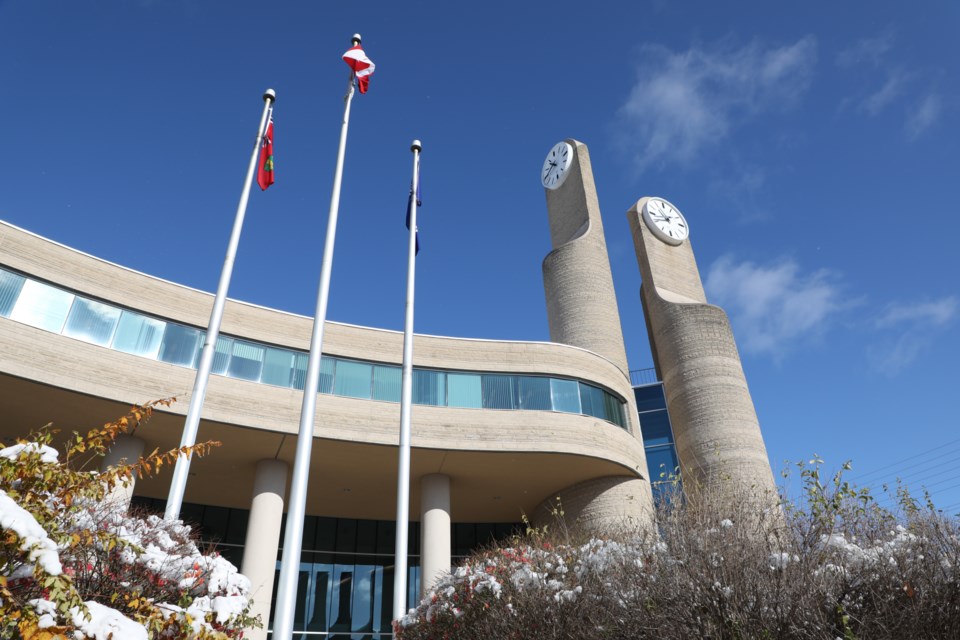The Regional Municipality of York is reviewing its hybrid working model for staff as council members floated bringing them back into the office more or finding new uses for empty office space.
About 60 per cent of the regional workforce falls under a flexible work arrangements policy, allowing them to split working between the office and at home. The pilot policy brought about as pandemic restrictions lifted has continued past an end date of last Sept. 30, but the region said that policy is being scrutinized by senior management.
Whitchurch-Stouffville Mayor Iain Lovatt suggested directing staff to return to a pre-COVID approach to the workplace as he advocated council members also be forced to attend more meetings in-person.
“A significant amount of tax dollars have been invested in this very administration centre,” Lovatt said at a council debate Dec. 22. “I don’t think any of us sitting here today, or in councils previously, contemplated carrying the expenses of empty offices in this administrative centre.”
York Region council members debated their responsibility to return to the office Dec. 22, after a motion was raised to enforce councillors spending more meetings in chambers versus the current blended structure that allows councillors to freely attend virtually. The motion was defeated 11-10.
NewmarketToday conducted a reader poll, which garnered 1,494 local votes. Of those, 73 per cent indicated that councillors should be in their seats more often, while 14 per cent said they are fine with councillors attending remotely and 13 per cent said they are indifferent. The poll, which ran from Dec. 21 to Jan. 26, provides for a 95 per cent confidence level, with a 2.51 per cent margin of error.
Although the debate and resolution focused on the council, the issue of the staff hybrid working model was raised several times.
Director of corporate communications Patrick Casey said employees working in a hybrid situation are still expected to maintain office presence on designated “anchor days.” He said some activities do require in-person work, like training and onboarding.
The policy is under review to ensure there is the “right balance,” Casey said. But he further added that the policy responds to a worker's desire for flexibility.
“This will help us retain and attract top talent, ensuring we continue providing our customers with the best possible service,” Casey said. “By embracing hybrid work, we can ensure we’re sustaining excellence in service delivery while efficiently managing our workplace, reducing our carbon footprint and making better use of technology."
Richmond Hill Regional Councillor Joe DiPaola said his city decided against building a new city hall, opting instead to rent office space, due to COVID-19 promoting an increase in hybrid work.
“You’re on the wrong side of history to try to go back to in-person,” he said regarding Lovatt’s resolution.
Vaughan Mayor Steven Del Duca spoke against Lovatt’s motion but said taxpayers would be interested to know that if buildings are not being used fully, how is the government using the real estate the best way.
“The nature of work has shifted permanently,” Del Duca said. “(How) are we dealing with all the surplus real estate we have? The lands, the physical buildings, if they aren’t being used fully or close to fully.”
Casey said the flexible work policy would be reviewed annually, culminating in June.
Municipalities across the country and region are offering hybrid working policies. The Town of Newmarket also has remote work allowable in its workplace policies, reviewed annually.
